Al Hirschfeld Caricatures
- caricature /
- Al Hirschfeld Caricatures
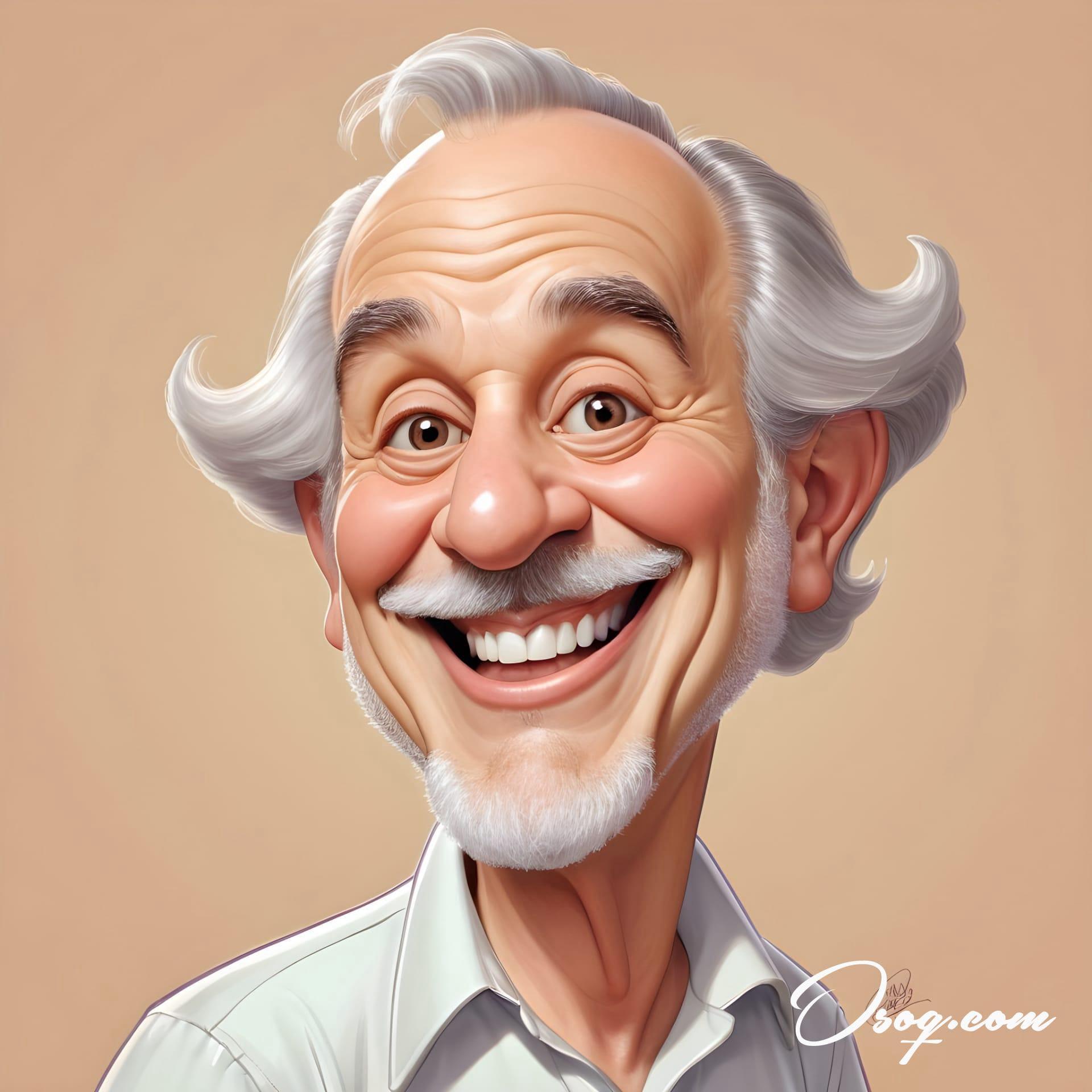
Al Hirschfeld's caricatures are renowned for capturing the essence of his subjects with just a few lines, making each piece instantly recognizable.
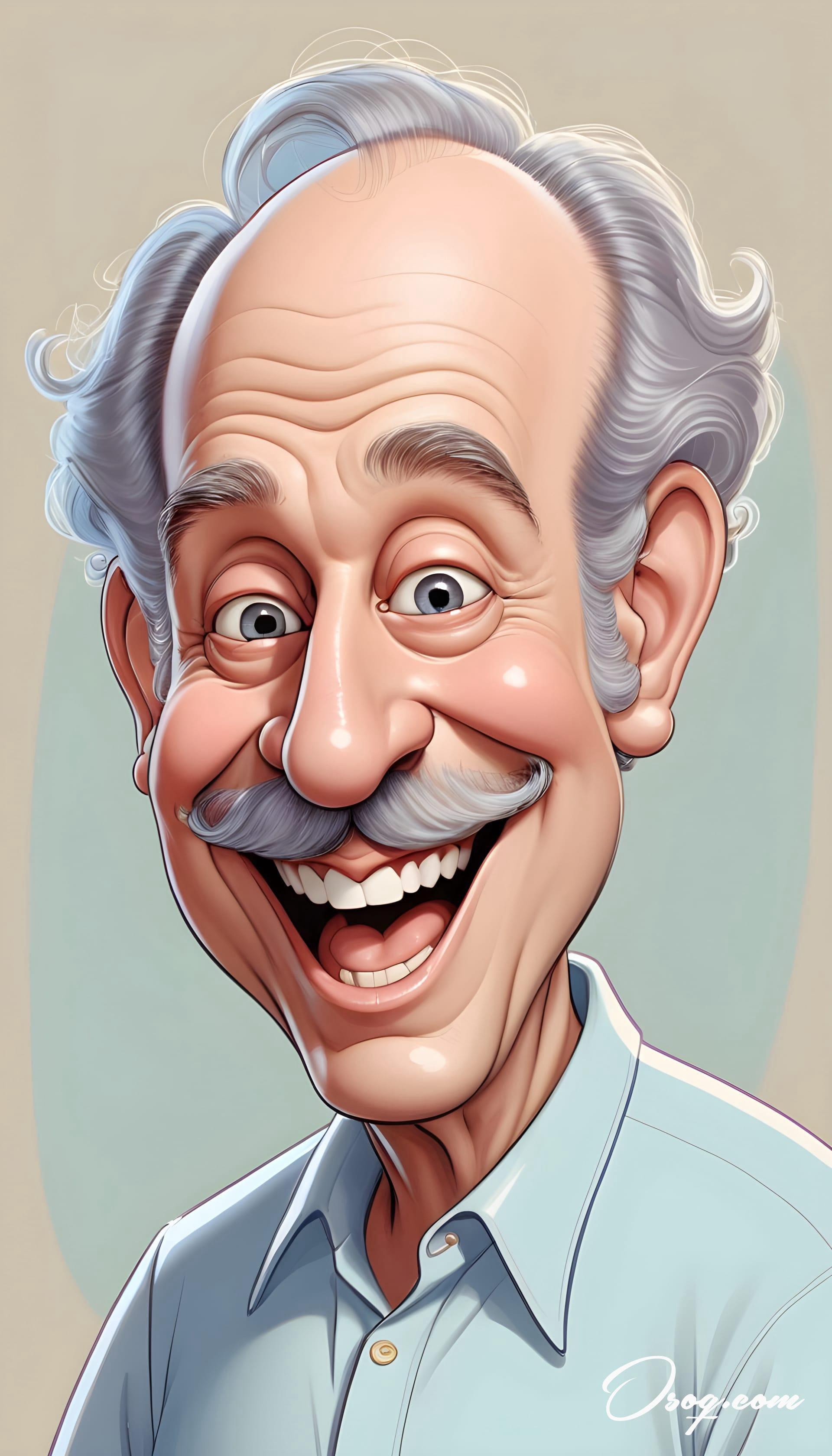
He famously included the name "Nina" in his drawings, a tribute to his daughter, which became a beloved Easter egg hunt for his fans.
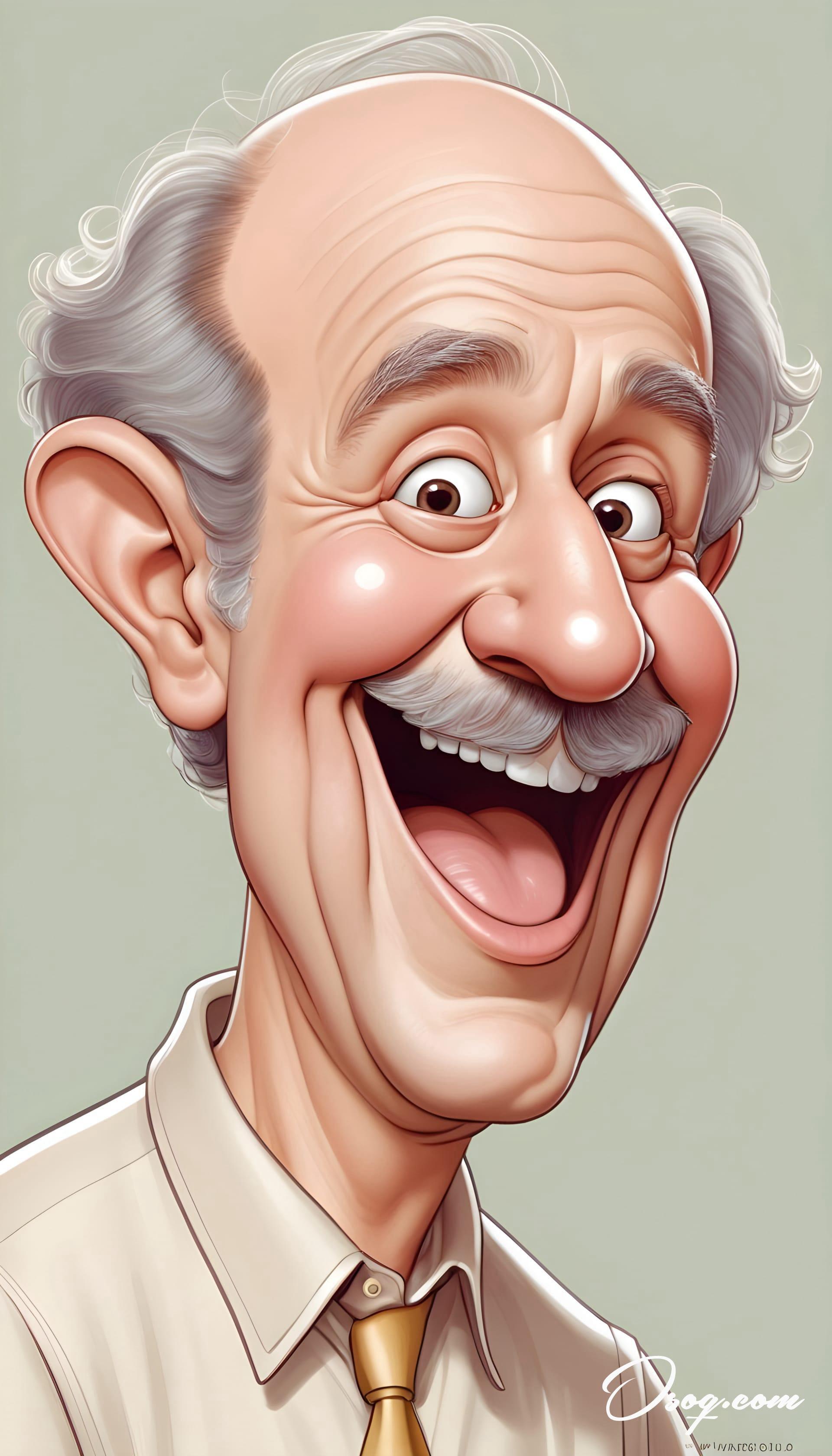
Hirschfeld's work spans over eight decades, providing a unique visual history of American theater and film.
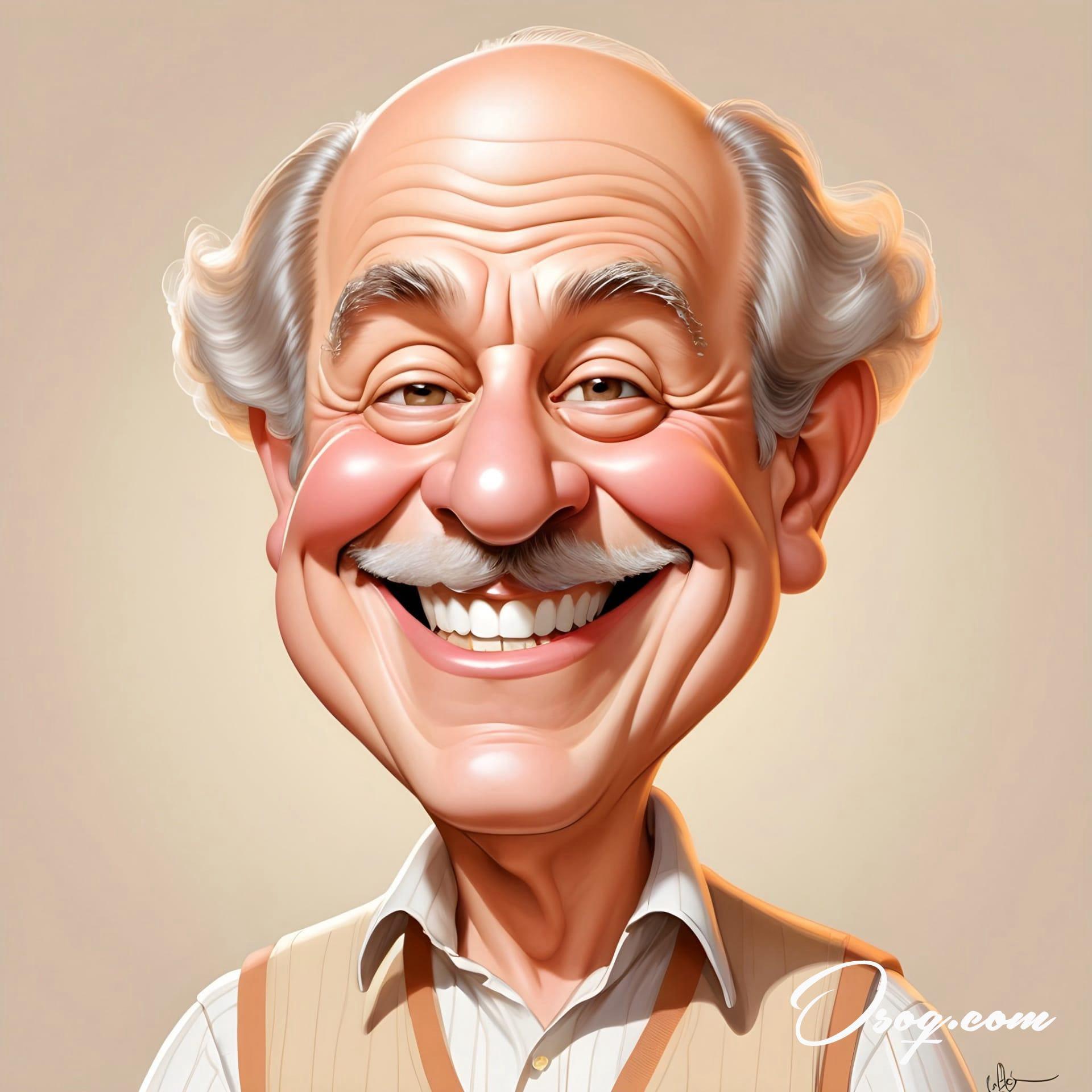
He used a minimalist style that emphasized the distinct features of his subjects, often exaggerating for comedic or dramatic effect.
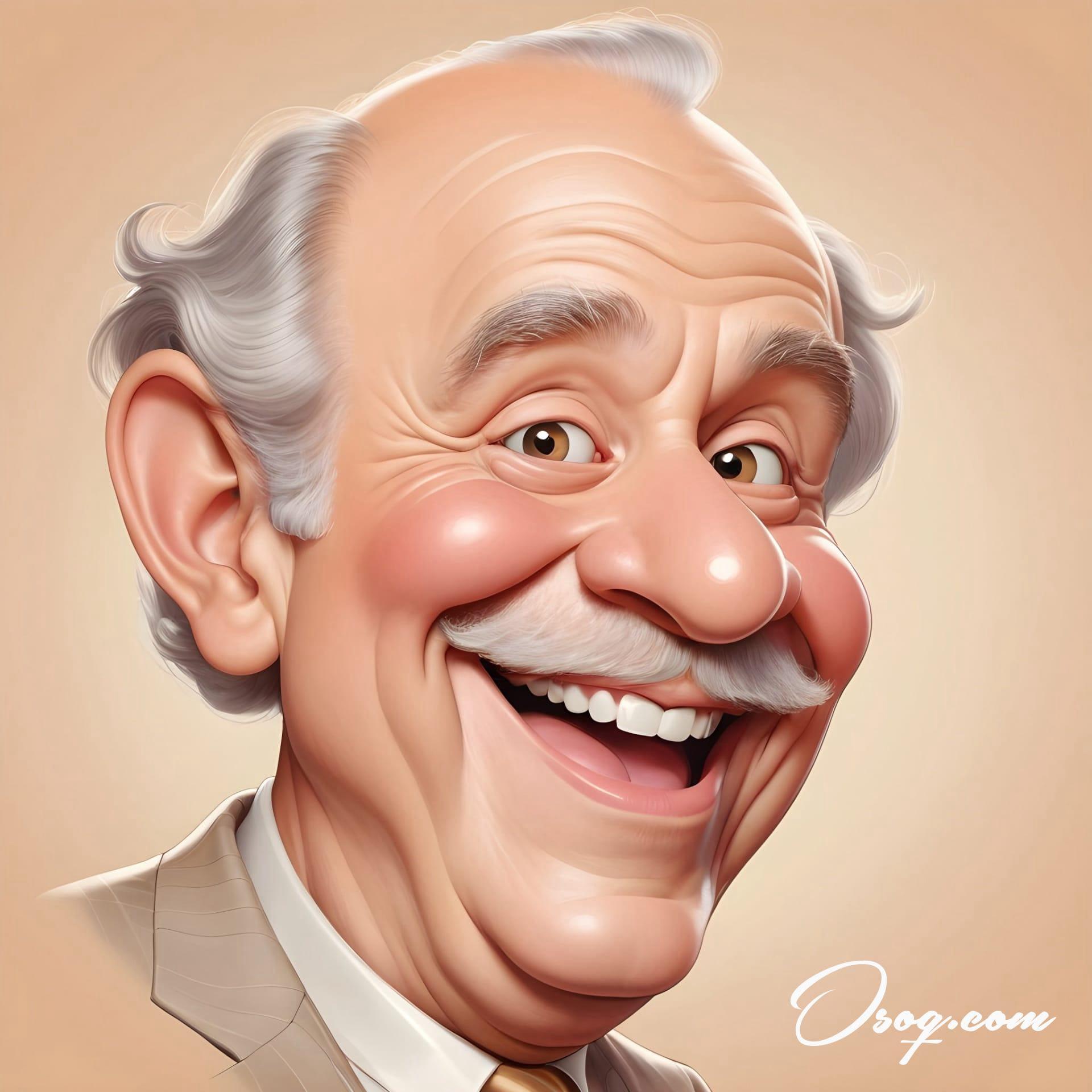
Hirschfeld did not limit himself to celebrities; he also captured the spirit of everyday people and scenes of New York City life.
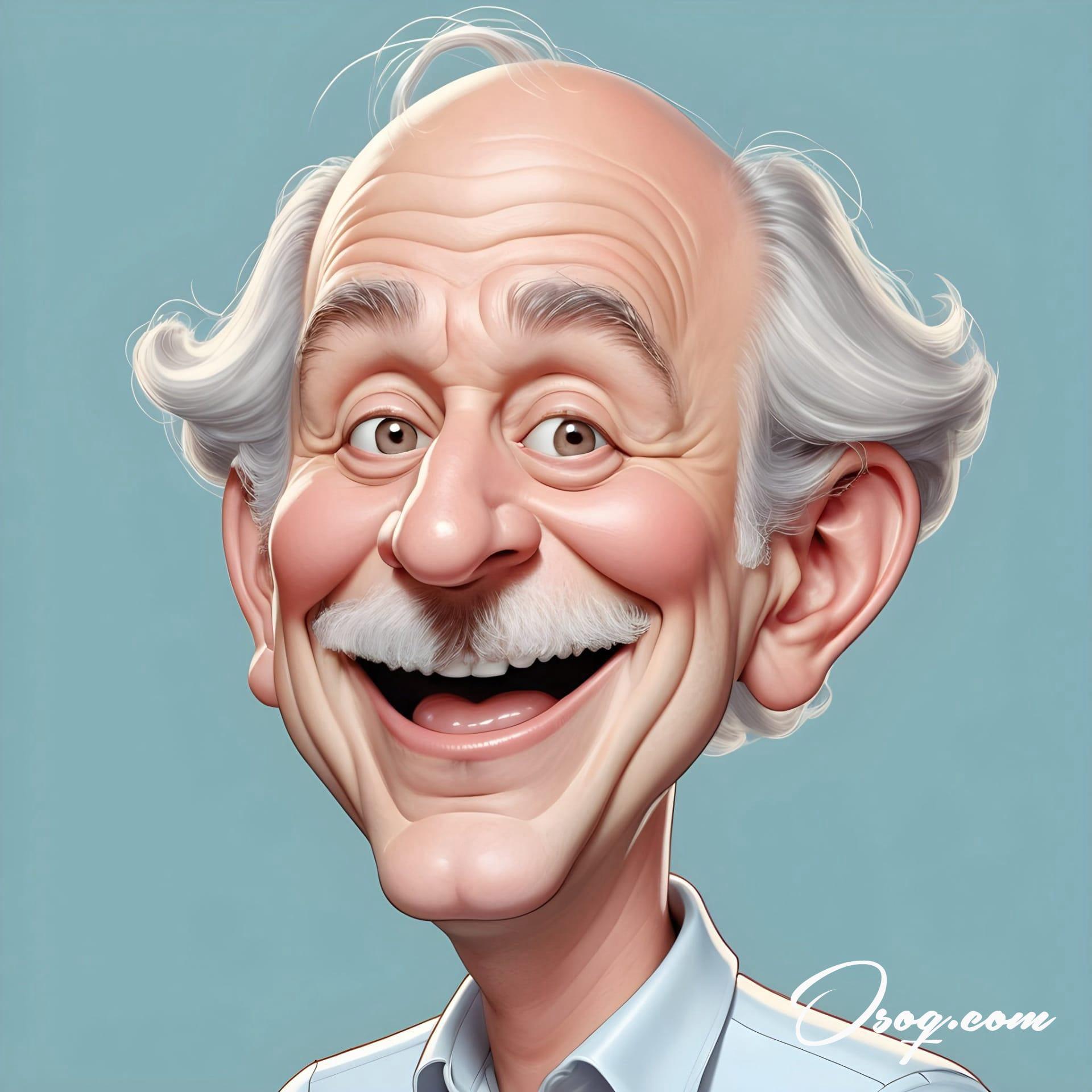
His caricatures are not just drawings but are considered fine art, collected by major museums and galleries worldwide.
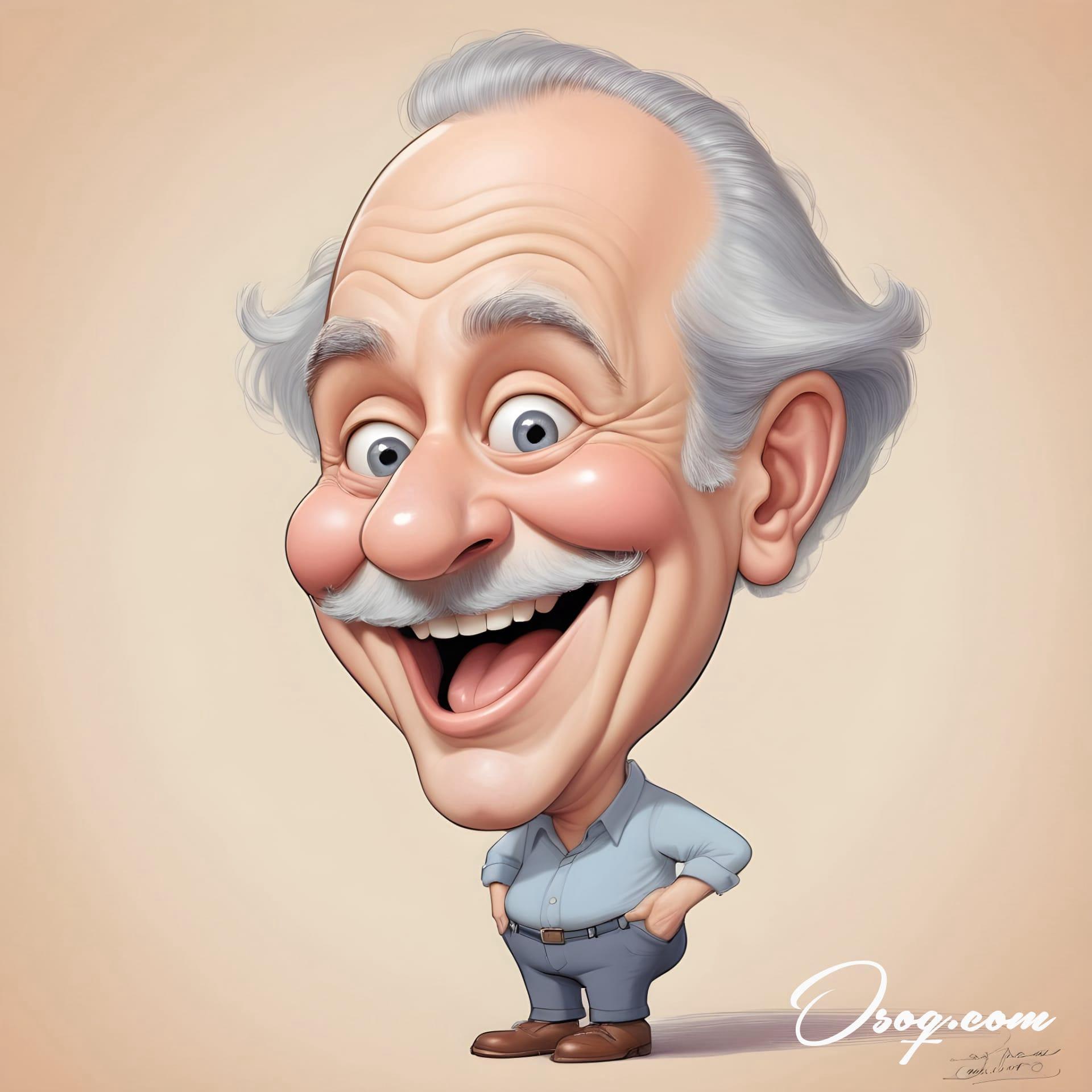
Hirschfeld's line work is so distinctive that it's been described as "Hirschfeldian," becoming an adjective to describe his unique style.
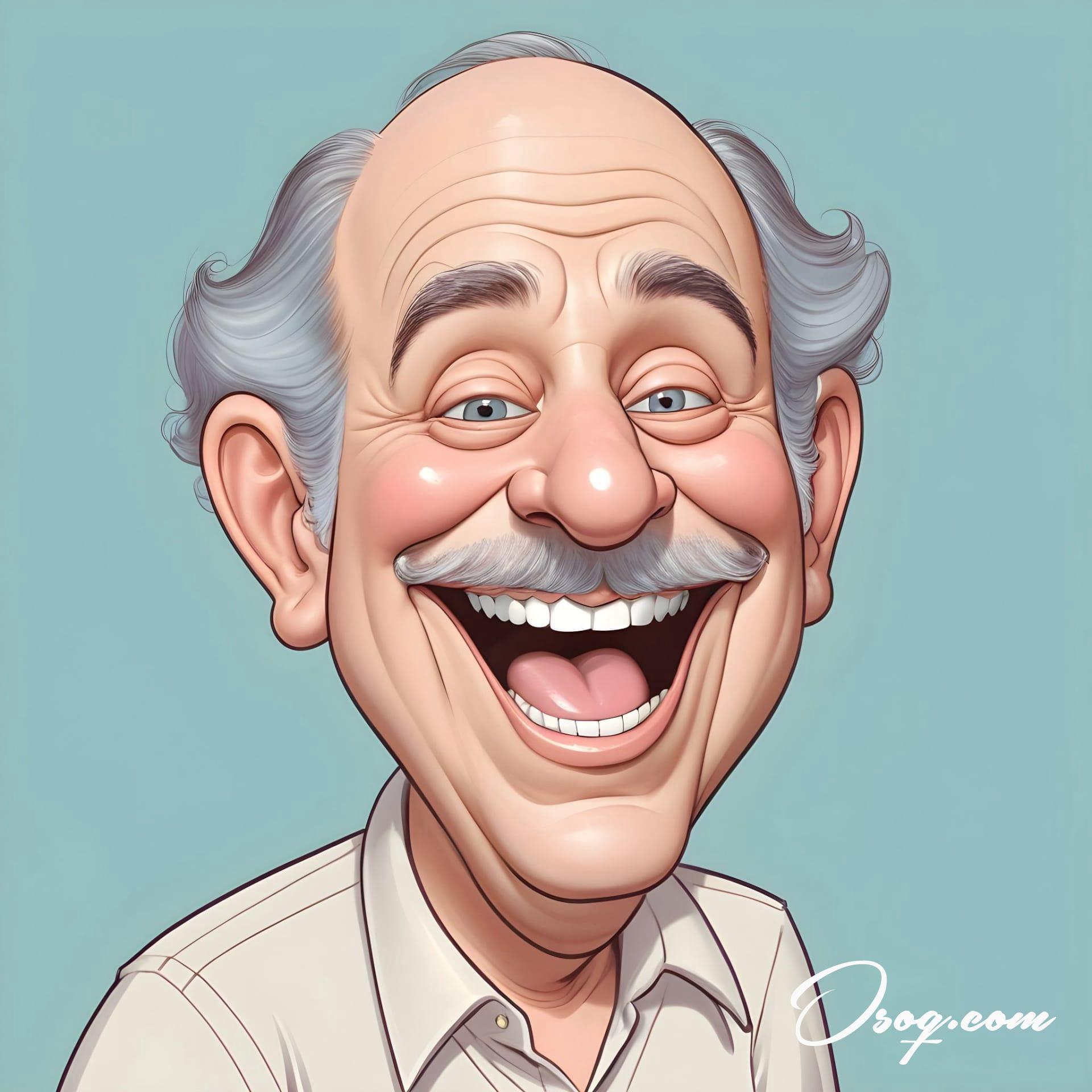
He never used erasers; if he made a mistake or wasn't happy with a piece, he would start over, insisting on the purity of the line.
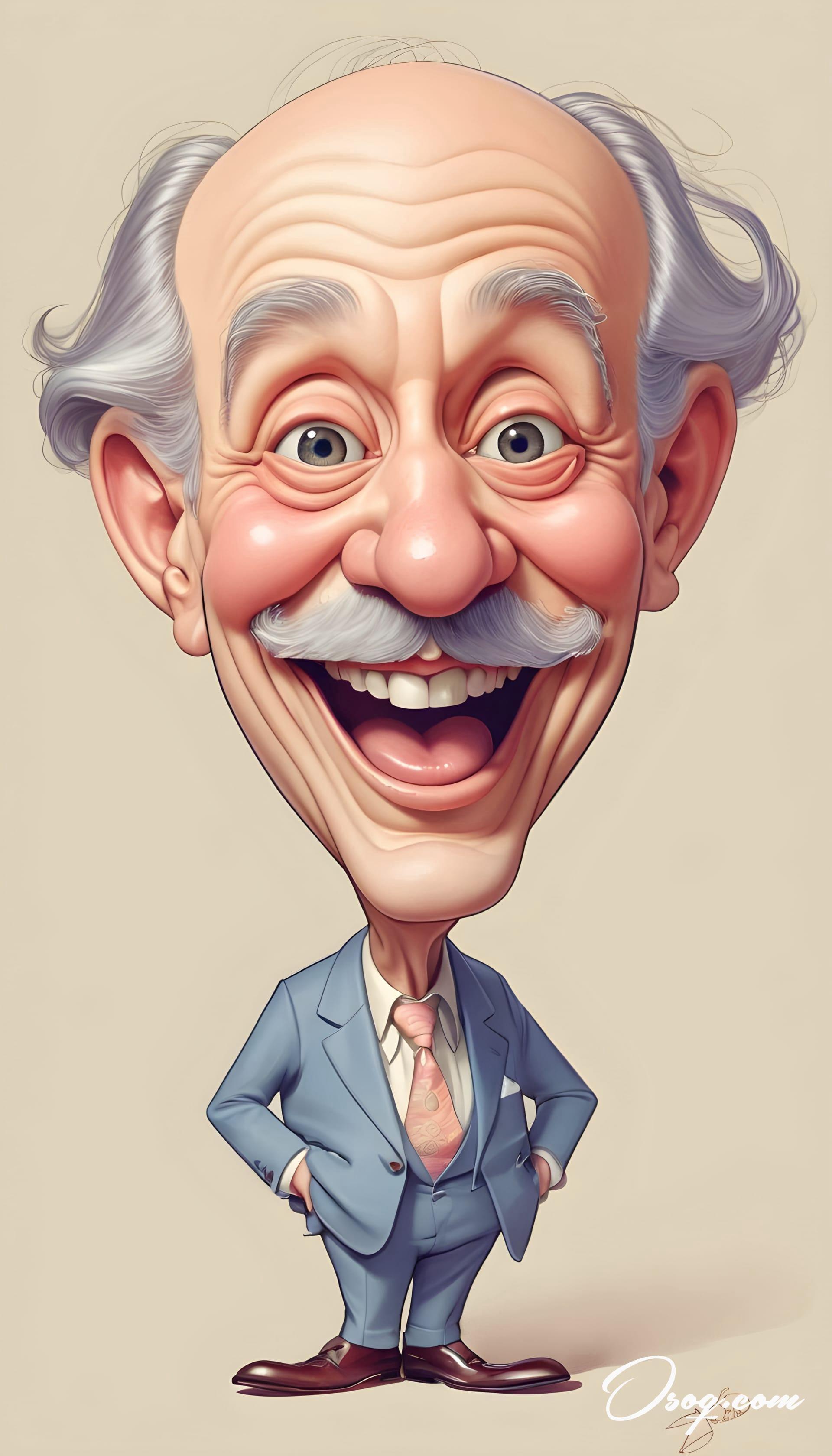
The artist's commitment to theater was profound; he attended opening nights and sketched live performances, capturing the energy of the moment.
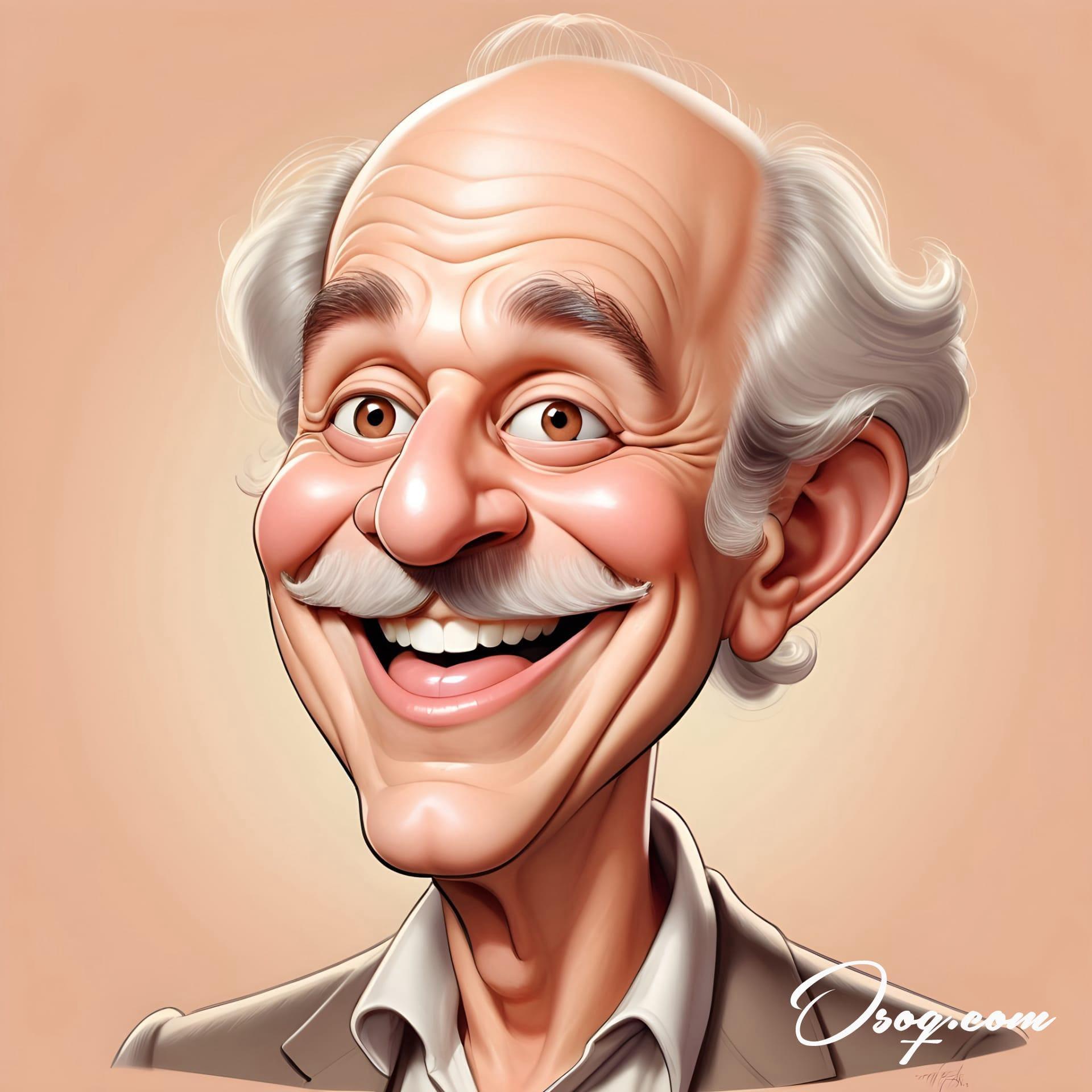
Despite his focus on caricatures, Hirschfeld's work also includes beautiful landscapes and intricate still lifes, showcasing his versatility.
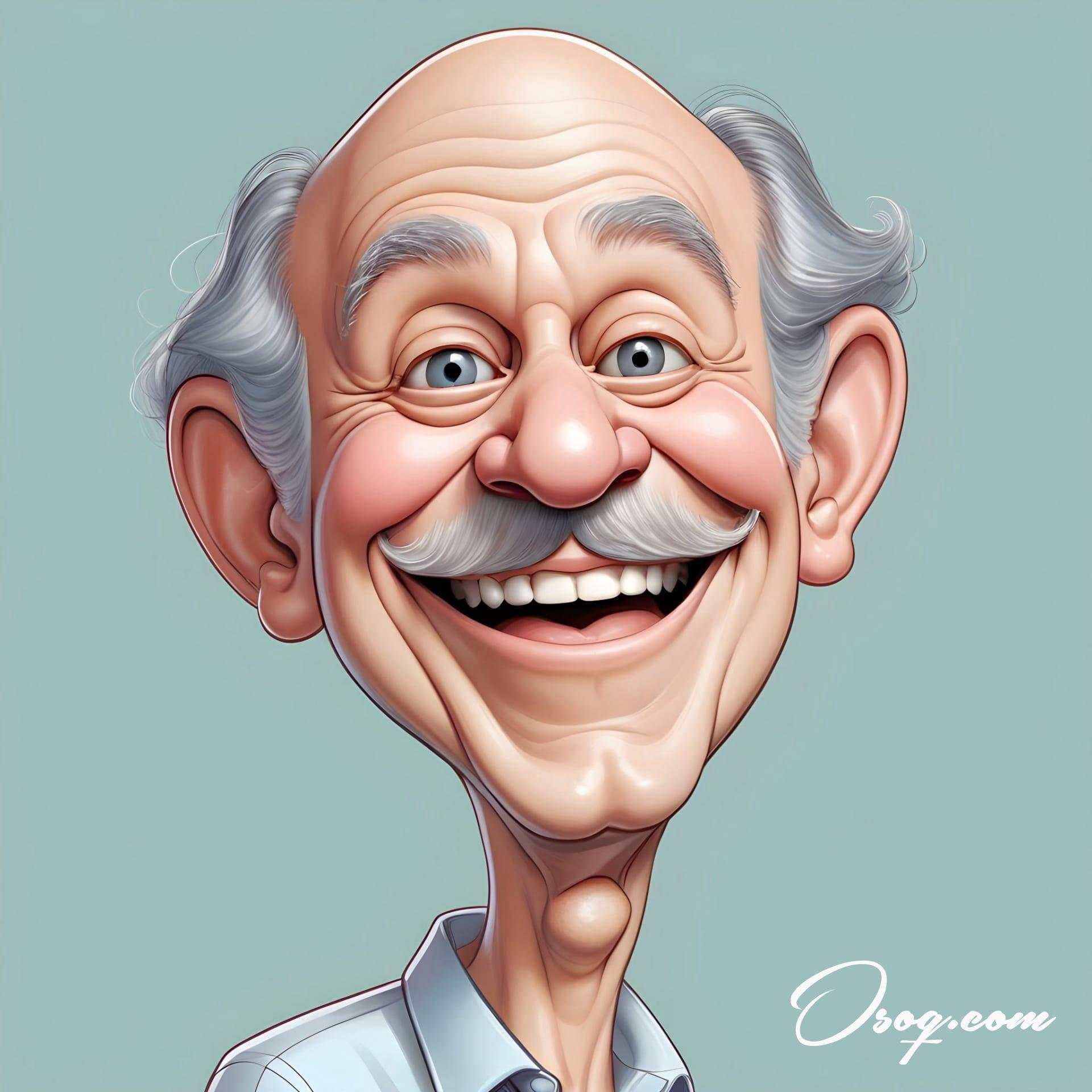
He was officially recognized by the art and theater communities, receiving several awards, including a special Tony Award in 1975.
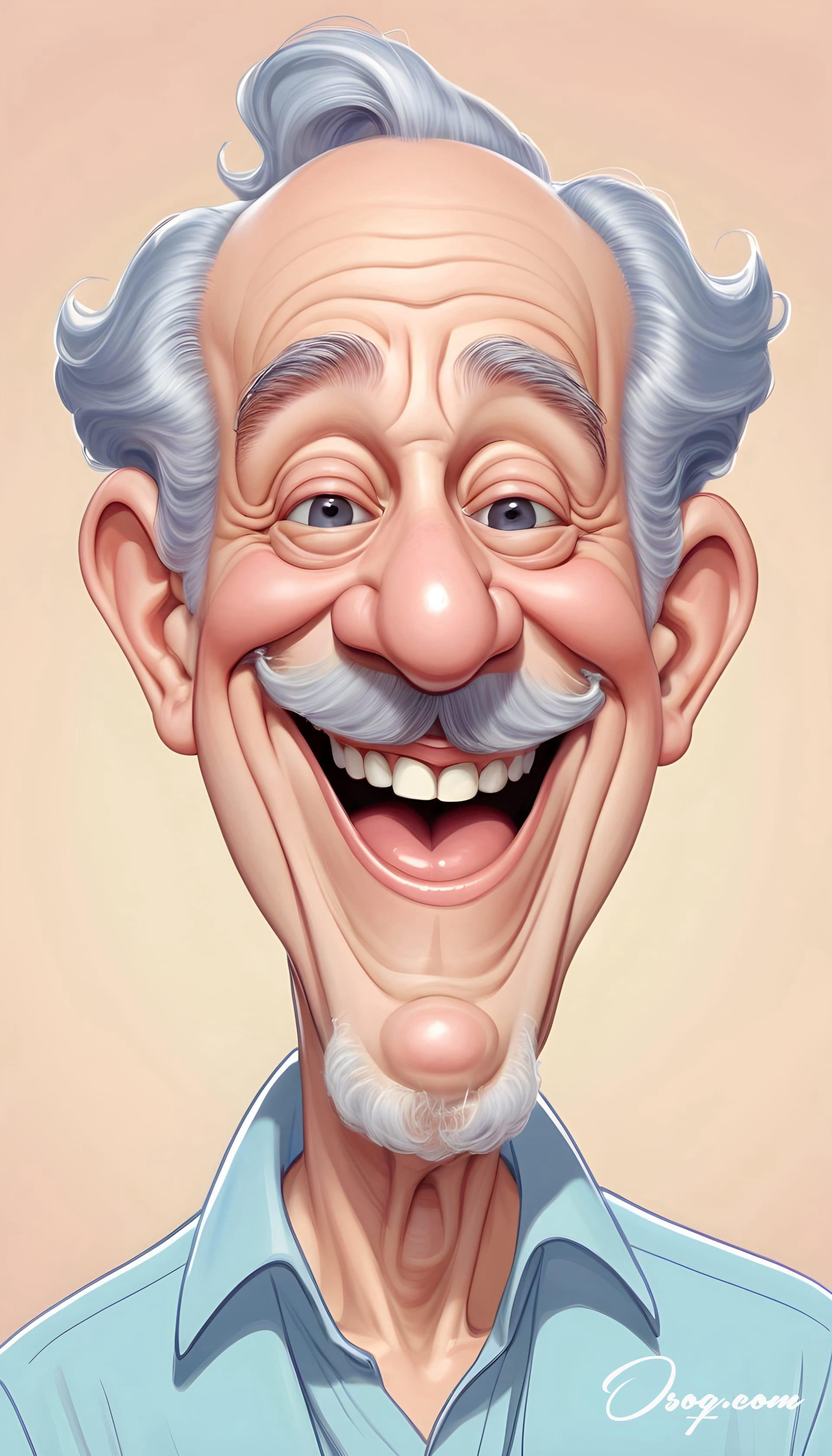
Hirschfeld's caricatures often included subtle political or social commentary, though always with a light touch.
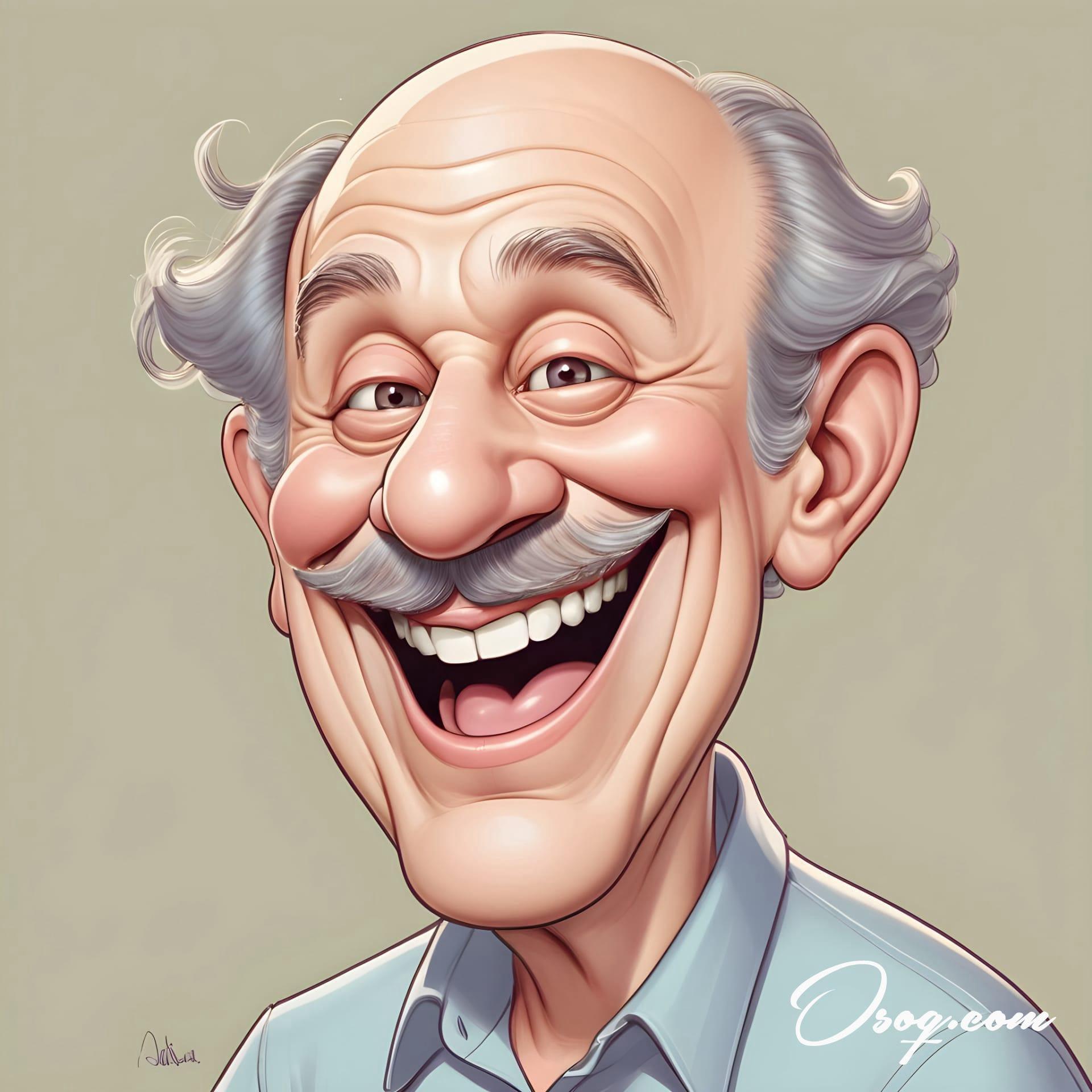
His work was not confined to paper; Hirschfeld also designed album covers, film posters, and even stamps for the US Postal Service.
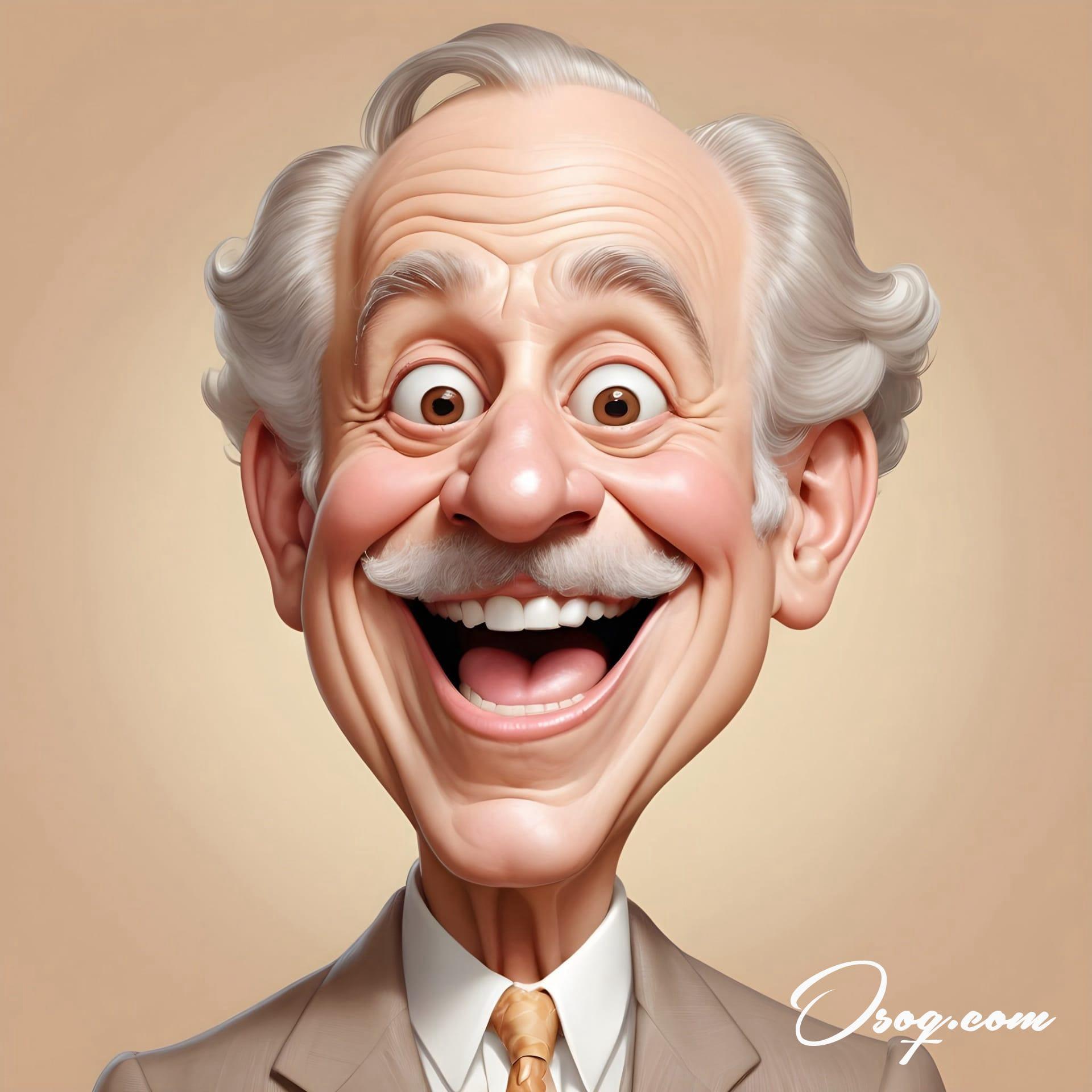
He was a self-taught artist, developing his skills through practice and observation rather than formal education.
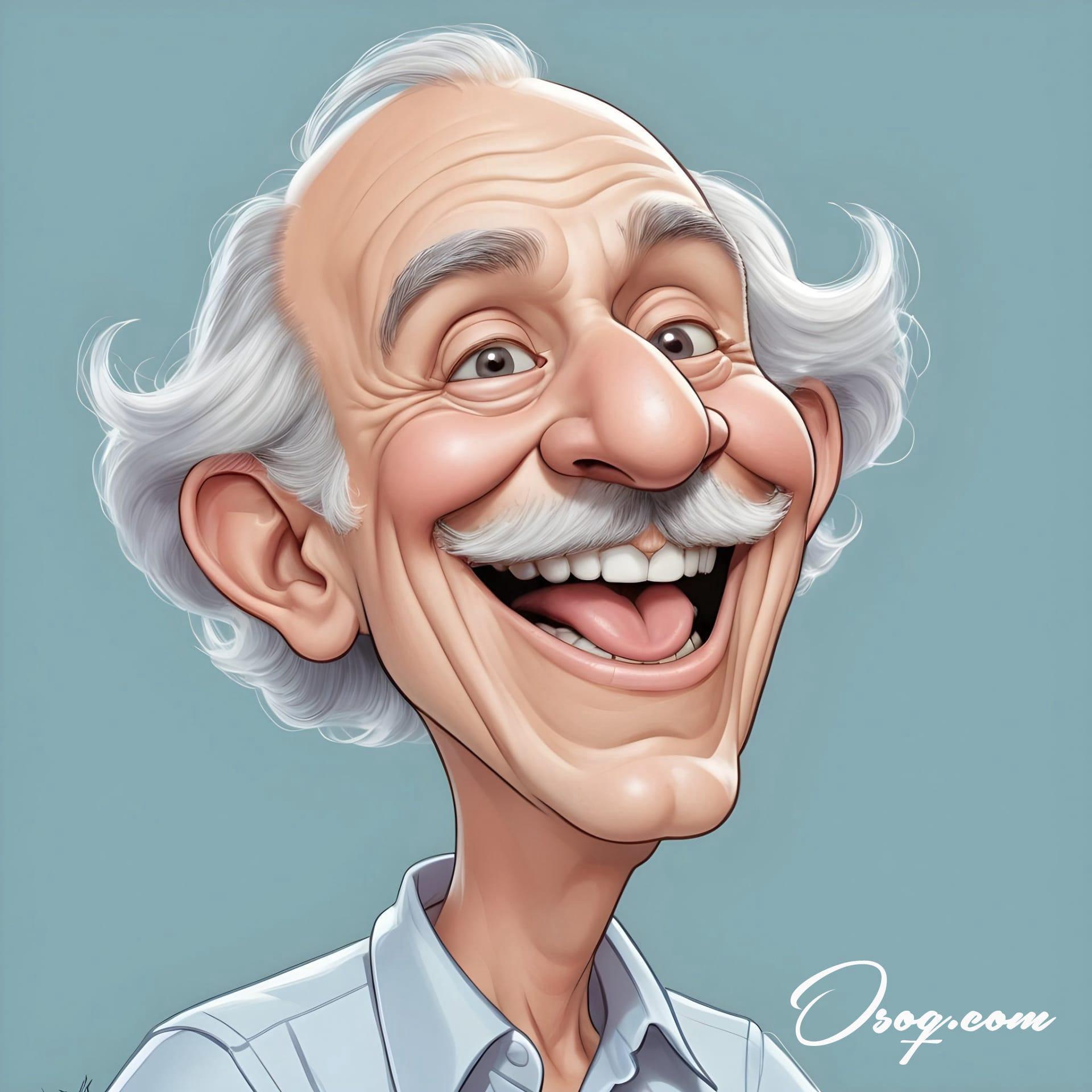
Hirschfeld's influence extends beyond art; his caricatures have been cited as inspiration by animators, illustrators, and designers.

The artist had a deep appreciation for music, particularly jazz, which influenced the rhythm and flow of his line work.
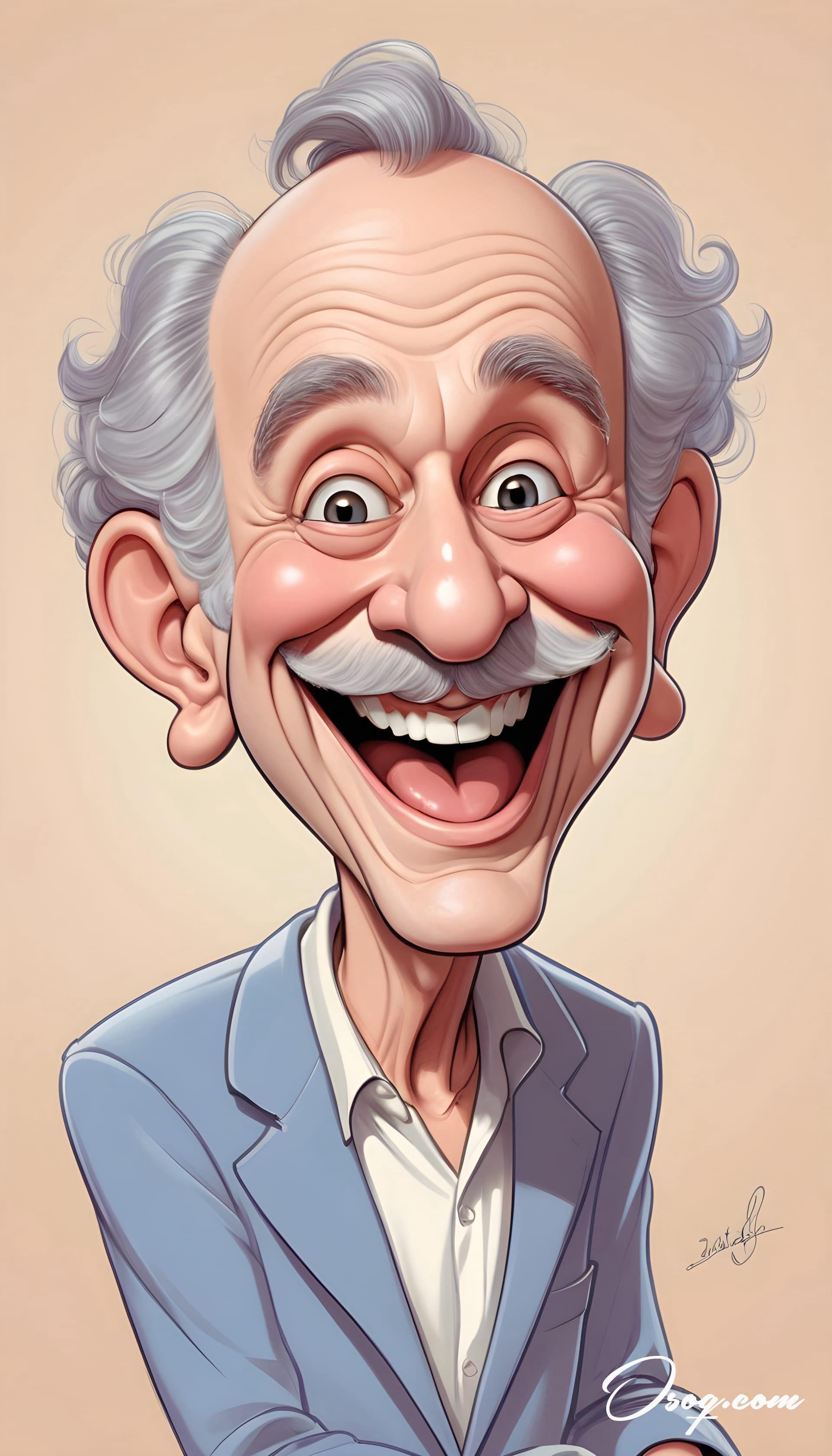
Hirschfeld's commitment to capturing the character rather than just the appearance of his subjects set his work apart from traditional portraiture.
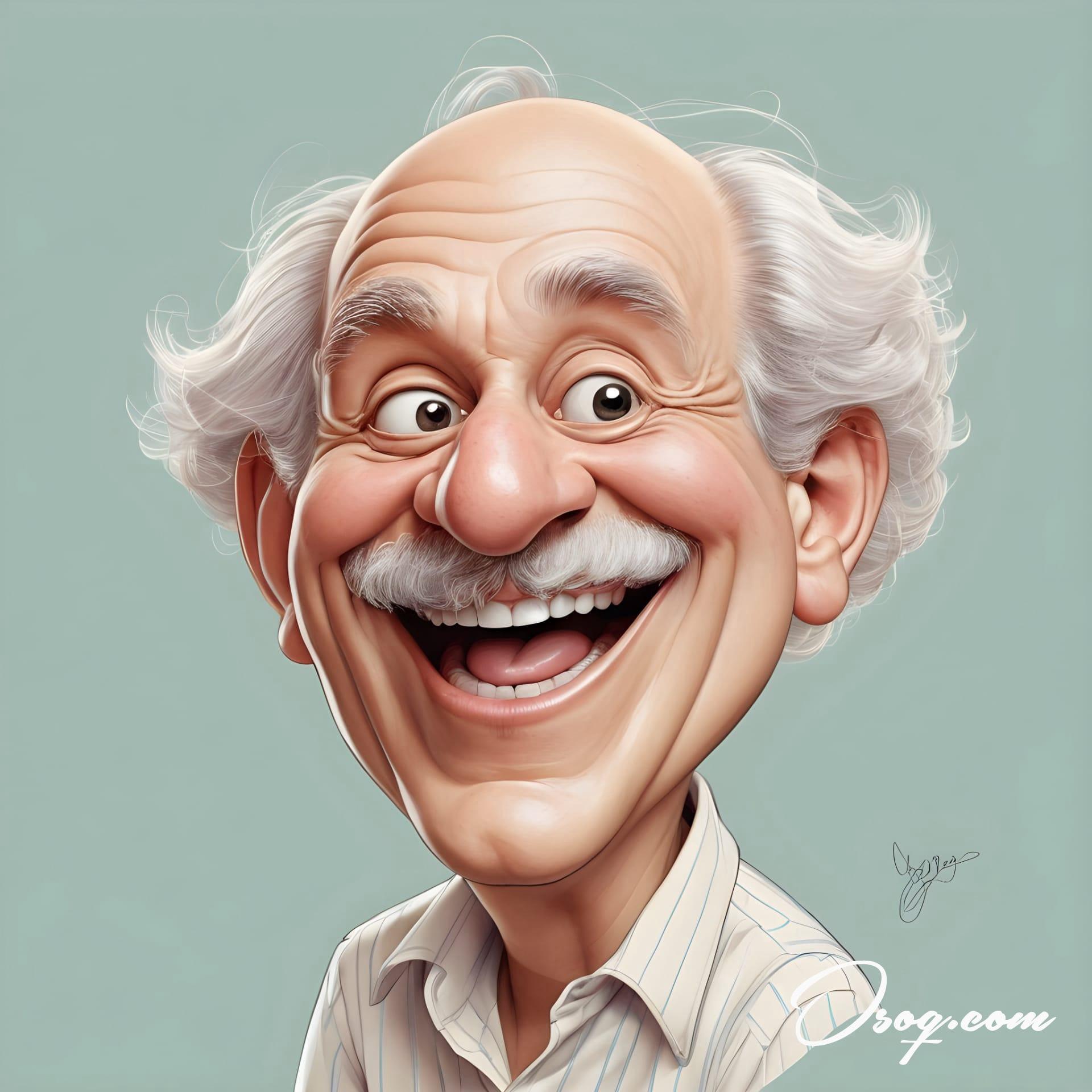
He continued to work until his death at the age of 99, leaving behind a vast and influential body of work.
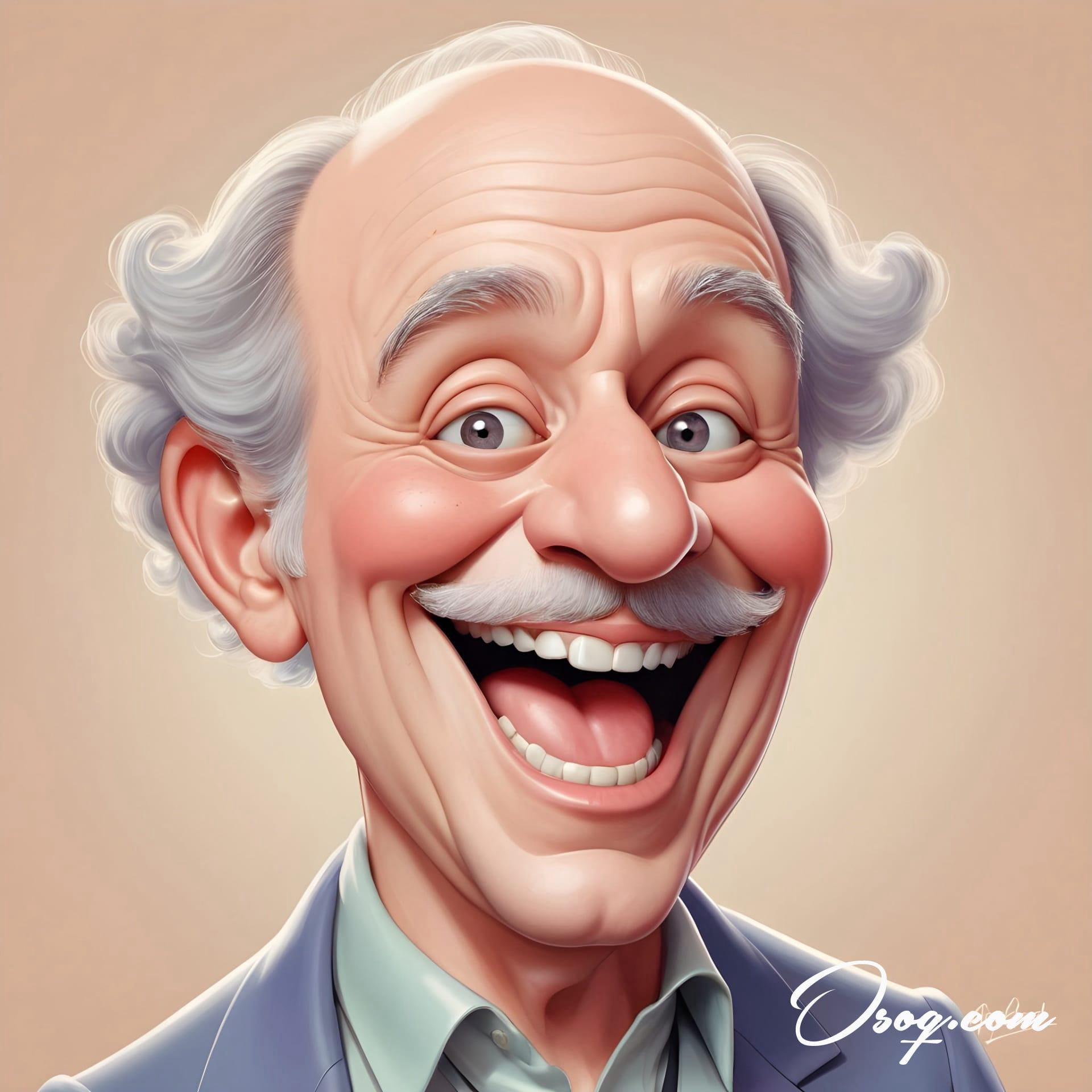
In 2000, the Martin Beck Theatre on Broadway was renamed the Al Hirschfeld Theatre, marking the first time a Broadway theatre was named after an artist.

A documentary film, "The Line King: The Al Hirschfeld Story," provides an in-depth look at his life and legacy, illustrating the impact of his work on American culture.